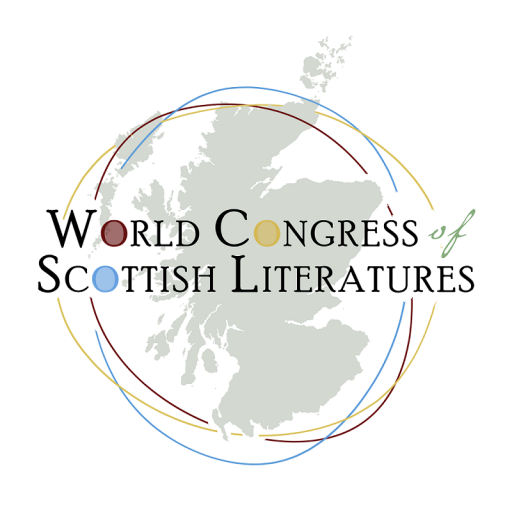George MacDonald in Polish. Paratexts of Translations as Evidence of Publication Ideology
The editors of a 2013 collection of articles placing George MacDonald’s works within the context of his contemporaries point out that: “the critical habit of viewing MacDonald’s work only in terms of his followers reinforces the long-entrenched assessment that it has a limited value – one only for religious enthusiasts and fantasy lovers. The essays in this anthology seek to correct that omission […]. The resulting portrait reveals a MacDonald who deserves a more prominent place in the rich literary history of the nineteenth century than he has hitherto been given.” My paper is inspired by the publication of a volume containing Polish translations of three of MacDonald’s fairy-tales (2017) by a Dominican publishing house based in Poznań and the availability of both the translator’s commentary on her website and quite an extensive description of the book on the publisher’s website, suggesting an interpretation of MacDonald’s texts to prospective readers. I will examine the few available Polish translations of MacDonald’s works, focusing primarily on their paratexts, in order to investigate what portrait is sketched by publishers and translators trying to extend their offer and interest readers in an author virtually unknown on the Polish market (e.g. omitted in Polish lexicons of children’s literature). I will also consider interpretations of MacDonald’s works discernible from those paratexts as well as literary traditions invoked in them, taking into account the historical context of their publication, to shed some light on the mechanisms of creating an image of a writer in a new culture through patronage and publication policies (Lefevere 1992).
Izabela Szymańska, University of Warsaw, Poland
